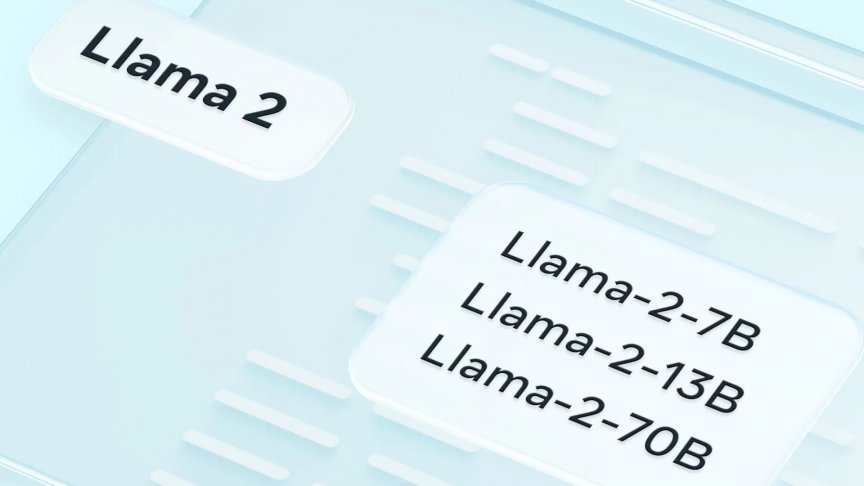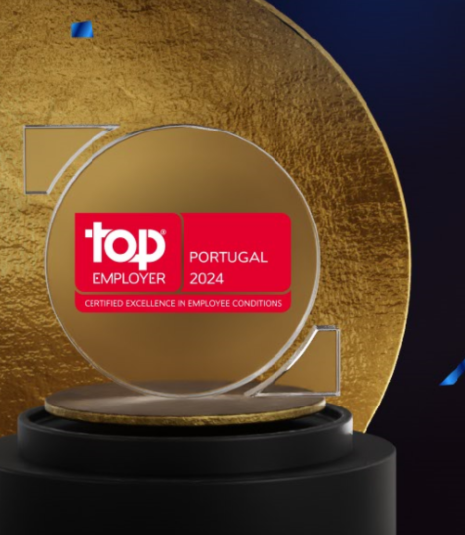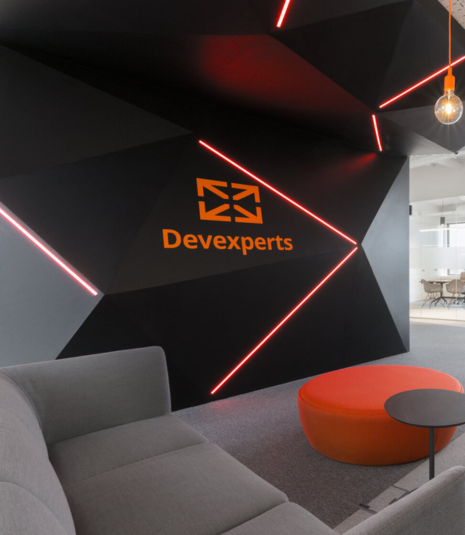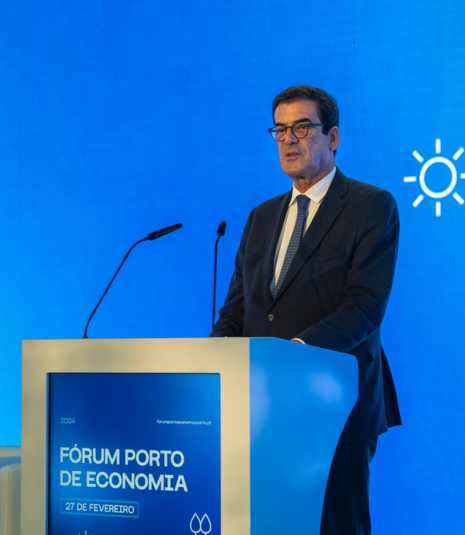Defined.ai supports Meta in the development of Artificial Intelligence
Llama 2 is a new generation of Meta's open access language model, created in partnership with Microsoft.

Meta and Microsoft have made the Llama 2 language model available in an open-access format, so that everyone can benefit from and use artificial intelligence technology. Mark Zuckerberg's company believes in the potential of generative AI to help people, opening up a new era of economic and social opportunities and with Llama 2 it wants to give creators and companies new forms of expression. The aim is for companies, entrepreneurs and researchers alike to have access to tools that would otherwise be difficult to build on their own.
Open access is considered by Meta to be the safest way forward, since communities of researchers and developers can test and identify problems with technologies more quickly. And seeing how these tools are used by others ends up benefiting Meta itself, allowing its teams to learn, improve and fix vulnerabilities, the company says.
Defined.ai was one of the first companies to announce its support for Llama 2 technology, signing the declaration of support for Meta's open approach to AI. The company promises to contribute to the advancement of artificial intelligence by promoting transparency, accountability and collaboration between the various players in the industry.
"We are very proud to have our logo side by side with those of these tech giants and to know that we are all on the same page. By embracing open innovation and making Llama 2 available for free, we are encouraging collaboration and empowering developers around the world to unlock the potential of the Large Language Model," said Daniela Braga, founder and CEO of Defined.ai.
The technology company gives the example of how many large language models, such as Falcom from the United Arab Emirates, are being used by companies as "main ingredients" for new generative AI experiences. And its own model, Llama 1, had more than 100,000 access requests, a figure that surprised Meta.
That's why Llama 2 has been released free of charge for researchers and for commercial use. It includes model weights and initial code for the pre-trained model and fine-tuned conversational versions. Microsoft has been chosen as Meta's partner for the commercialisation of Llama 2, which will also be included in Azure's catalogue of AI models, so that its developers can take advantage of the cloud's native tools for content filtering and security features. The AI model has been optimised to run locally on Windows, helping to maintain a continuous workflow. Llama 2 can also be accessed via Amazon AWS, Hugging Face and other providers.
After previous collaborations, Meta and Microsoft are strengthening their partnership in order to sustain an open innovation approach and provide greater access to AI technologies that are considered fundamental to benefiting businesses on a global scale. The aim is to continue democratising access to current AI models and considers that companies are excited to create new products with Llama 2. Cloud service providers will include Llama 2 in their offerings and institutions that collaborate with Meta will implement large generative models safely and responsibly, says the technology company.
Despite the benefits of major advances in AI for society, there are also associated risks, says Meta, which says it is committed to building AI responsibly, making various resources available to help those using Llama 2. The adjusted models were tested to generate contradictory prompts and facilitate model adjustment. It has hired experts to carry out external adversarial testing of these tuned models to identify performance gaps.
In addition, Meta is committed to transparency, with the explanation of adjustment and evaluation methods, as well as the identification of possible flaws, published in documents. The Responsibility guide has also been created to show developers the best practices for responsible development and security assessments. Finally, the Acceptable Use Policy prohibits certain use cases of Llama 2, so that fair and responsible use is guaranteed. Interested parties can access Llama 2 on the official website.




